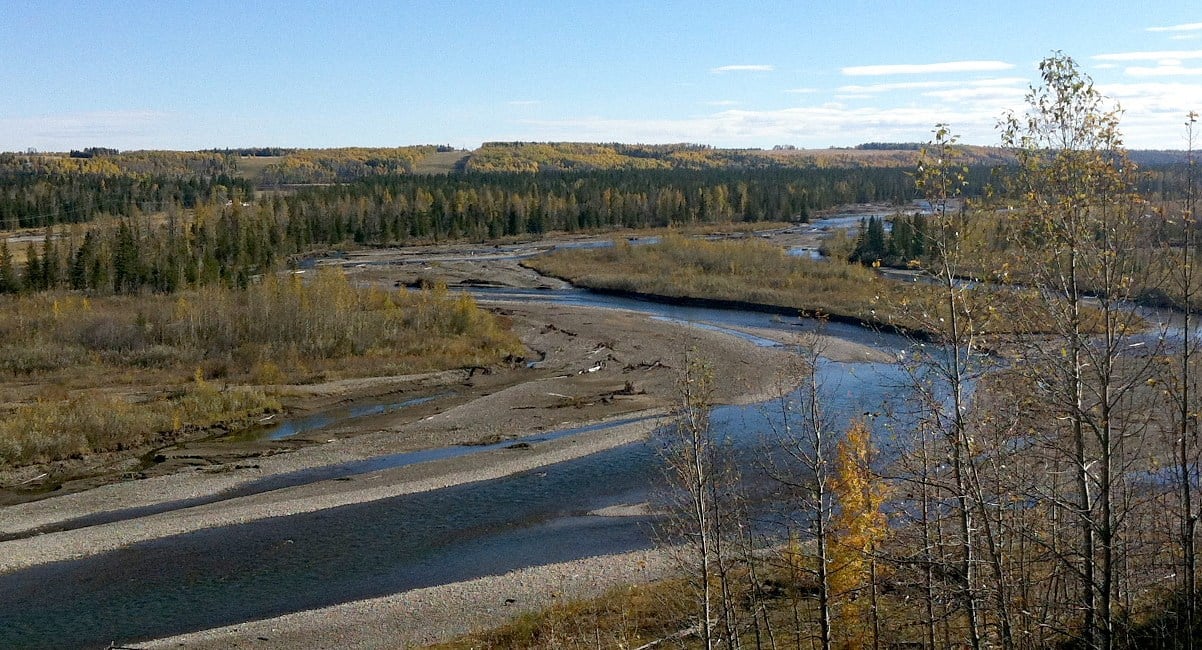This morning I attended a presentation on the release of the report by the Royal Society of Canada (RSC) on "The Behaviour and Environmental Impacts of Crude Oil Released into Aqueous Environments”. The full report can be found here. This was an important talk for me and my work as I have dealt with several of these oil spills in my portfolio.
Today, the chair of the independent committee, Dr. Kenneth Lee, presented the major finds of the panel. The panelists represented experts from different fields of science and from different areas of Canada.
An interesting note about the study and report:
- the study was funded by CEPA (Canadian Energy Pipeline Association) and CAPP (Canadian Association of Petroleum Producers)
Before the conspiracy theorists come out about the study being biased you should know the following:
- the sponsors (CEPA and CAPP) put forward money but have no influence on the process thereafter. They do not pick panelists or reviewers and get the report with everyone else. That is a pretty good process to keep sponsors away from the study.
- the panelists are selected to fill different scientific roles and bring different perspectives to the report
- in addition, a 3rd party review was completed on the report by another set of scientists to review the findings
- the panelists all volunteered their time to work on this report
That is a lot of work and a lot of passion put into something you are not getting paid to do.
The report is 461 pages cover to cover. I am working my way through it over the coming days (i.e. weeks), I never have time to read for fun. Yes, this would be classified as ‘fun’ reading for me, believe it or not.
From the RSC panel presentation today, I wrote down seven things that Dr. Lee said regarding oil spills that caught my attention:
- Oil spills are decreasing in frequency. That is good news. The yearly average for oil spills (>700 tonnes) for 1970-79 was 24.5 spills per year. The yearly average for 2010-2014 is 1.8 spills per year.
- Diluted bitumen (dilbit), i.e. the stuff from oil sands, has low apparent toxicity. We kind of already know this but it is good to come out again and people should talk about this more. It makes sense, as Dr. Lee did mention as well, the bitumen has already been heavily weathered (degraded) whereby, the more common compounds that are found in crude have been removed.
- Fate and behaviour of each and every spill is unique due to the different types of oil and the different environment it is released in. So, there is no one size fits all to an oil spill response. So, make sure you have your brainiacs on speed dial so you get the right advice for your spill.
- Biomagnification of petroleum hydrocarbons is NOT an issue. Period. Glad the panel re-interated this!
- A fish is a fish is a fish. Doesn’t matter much where the fish is from and what specie it is, they all generally respond the same. There is not much differences in species sensitivities, it is all about exposure.
- Oil spills need to be studied. Studied properly. Each spill is a learning opportunity to improve our science and knowledge for next time. Controlled field experiments are required.
- My favourite, only because it is one of my passions, environmental forensics research needs to be conducted for tracking and monitoring oil spills. I enjoyed hearing this the most since that is what I do. I think Dr. Lee mentioned other things too, but he lost me with “more Environmental forensics”.
I will work my way through the report and see what other things I can find.


-1.png?width=859&name=Sample%20%231%20(2)-1.png)
.jpg?width=859&name=Archery%20photo%20(3).jpg)